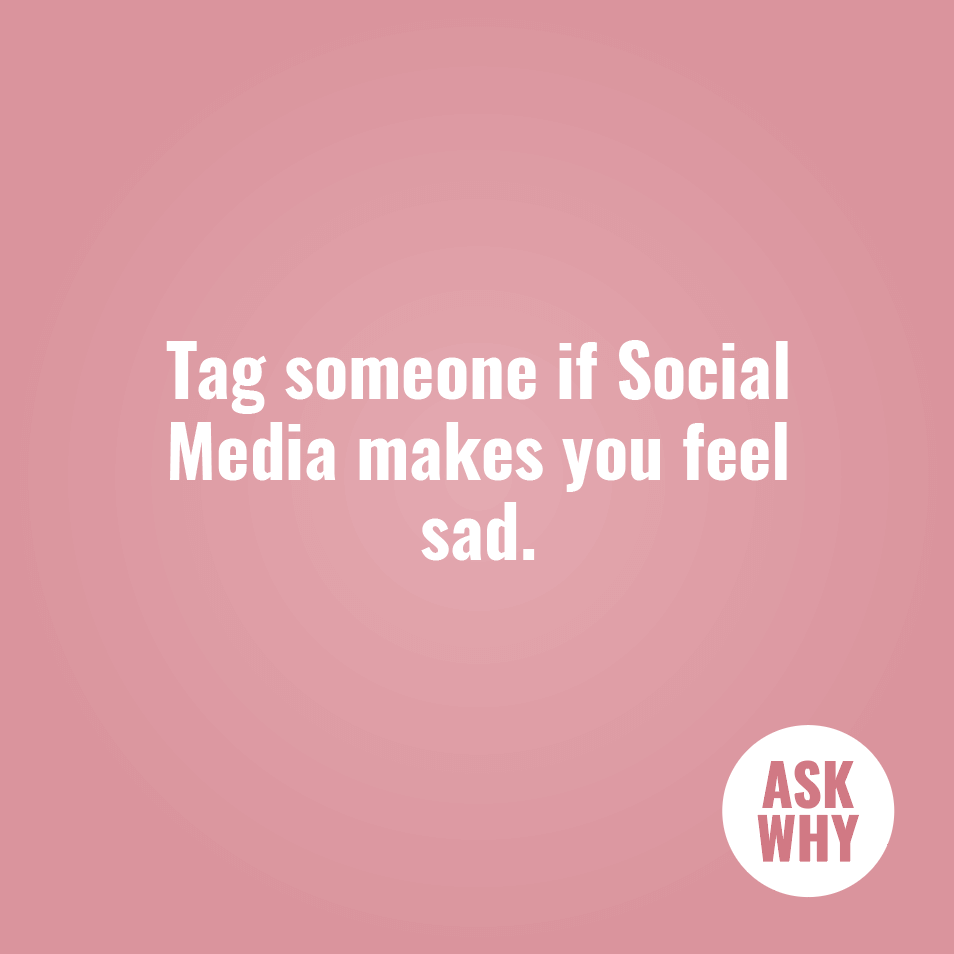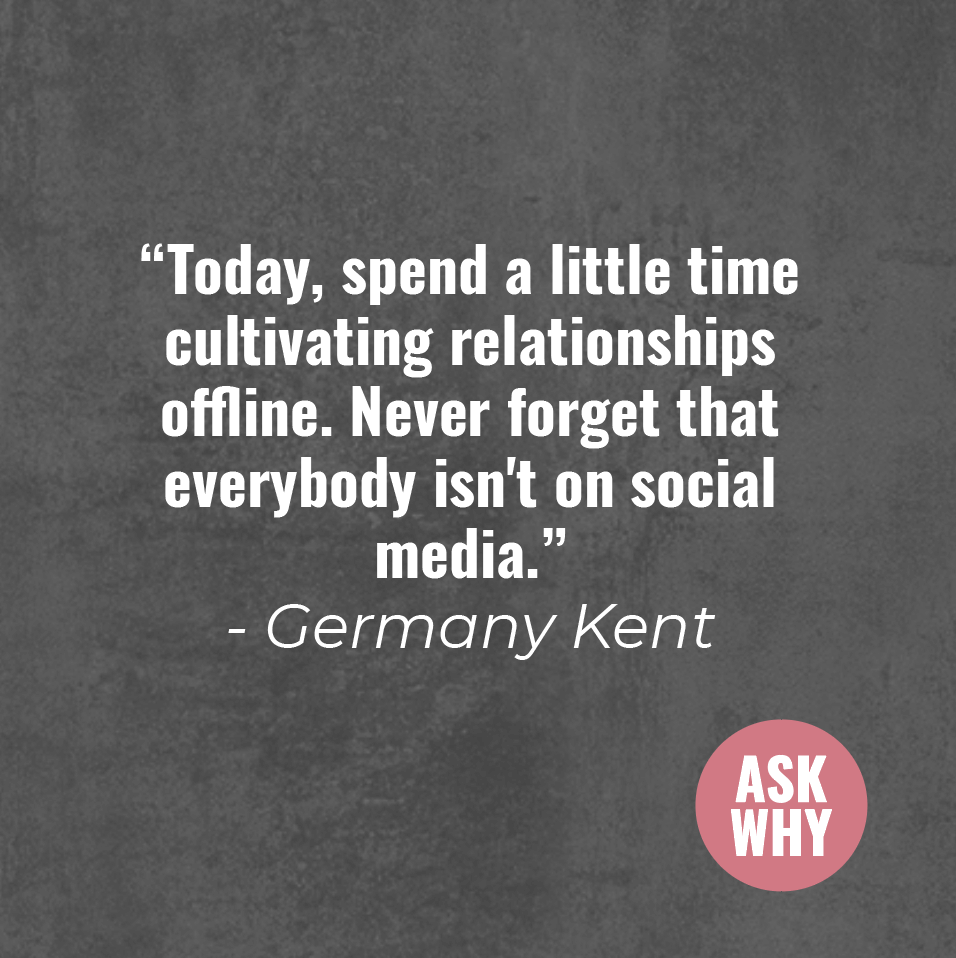Why asking the right questions is more important than having answers
08
AUGUST, 2019
Asking Questions
Market Research
Start-Ups
When I was part of a start up incubator program I learnt an important lessen in my first week: Asking the right qestions or quesitons at all is more important than offering suggestions.
In a perfect world suggestions and advise are the result of having identified the right problem and having gathered the right data. This however, is not always how we naturally reacto to questions.
A little challenge called the $10 Callenge illustrates our natural reaction.
While none of us „solved“ the $10 challenge, we all came up with some creative ideas.
How the challenge works
One of us was asked to take out a 10£ note and the rest of us was asked to quickly prepare three little pitches that should convince the other person to give us the money.
Or in other words we were supposed to say something that would make him give us the 10£ note.
We all had some (and quite different) ideas of how to get the 10£ note but in the end, none of us could convince him.
Here is what some of us came up with:
One guy offered to do a lap dance in front of everyone in order to get the 10£ note.
The 10£ note owner, let’s call him A, declined this offer.
Another person asked A if he was interested in buying something second hand.
I think this offer was the closest to convincing A to give out the 10£ note.
So, this person tried sell something physical that might be of use to A in order to get the money. A declined this offer as well.
Another person offered to buy A four pints of beer in the following weeks (which I think equals 10£). A declined because he said he could buy the beer himself.
My approach was to ask A to just give the money to me and I would return it to him the following week.
Sadly, I wasn’t trustworthy enough, therefore A declined the offer as well.
Eventually, none of us could convince A to give us his money. Why?
Well, first of all I guess we were unlucky.
Who knows, if A had been a person who enjoys a lap dance from a guy he might have agreed to the offer or any other offer we made.
But anyway, who wants to rely on luck?
So, what could we have done in order to convince him to give us the money?
„Asking the right qestions or quesitons at all is more important than offering suggestions.“

Social Media Addiction – 4 Reasons You Can’t Get Off Social Media
The solution
The answer is quite simple: We could have asked him!
Instead of proposing random things, and making assumptions about what he might want (and neither of us did know him very well, it was the first day we met each other) we could have simply asked: A, what is it what you need, what would make you give us the 10£ note?
It’s as simple as that.
The result of this little challenge was rather shocking to me. Because everyone of us (or most of us) had read the “All In Startup”, which is a book that talks exactly about this “problem” or false approach.
Because if you relate this challenge to business and startups, what many startups do wrong is that they make assumptions about what customers want instead of asking them what they want (and they should know better than we do, because we don’t know them at all).
Some might now say what Ford once said which is “If I had asked people what they wanted, they would have said faster horses.”
What he means is that people don’t always know what they want or need. True.
But in this case and many others where people don’t build anything totally new (such as a car which was to replace horses) it’s still a pretty good approach to simply ask people what they need/want.
And neither of us did that. Instead of learning from A what his needs/problems are we immediately went into the pitch mode, trying to sell him something he eventually didn’t need.


Why did that happen?
To be honest: I am not sure. In this case I can also only make assumptions and I have two.
First of all, it seems to be natural to make assumptions about other people.
We do it all the time. That’s also where stereotypes come from, we simply assume that certain people will behave in a certain way because they look a certain way.
Sometimes stereotypes prove to be true, but sometimes they don’t.
Stereotypes like any other assumptions help us to save cognitive energy, we don’t think too much, we just assume.
Or we just think we know it all, or we are so good at selling that we can sell anything as long as we choose the right words.
But that doesn’t always seem to be true, as this challenge just proved.
However, another guess I have is that we were biased when we tried it.
We were asked to “pitch” something to the other person and haring the word “pitching” apparently automatically switches our brain to sales mode.
To back this assumption up with some real data, I tried the same challenge with my landlords.
I told my landlords that they had three attempts to make me give them the money. While saying that I avoided using the word “pitching”.
The result was quite different.
They didn’t try to sell me anything, rather they were trying to “trick me” into giving them the money.
For example, one of my landlords asked me to give the note to him so that he could check whether it is a real note, because he recently read in the news that there are a lot of fake notes flying around.
In another attempt, he tried to make me give him the money by saying that he hadn’t eaten anything in five days and was in desperate need of money (which I knew wasn’t true, I just paid my rent ;)).
Anyway, the point is that not a single time they tried to sell me something.
They didn’t get it “right” either, which is to ask me what they would need to do in order to give me the money, but they used a different approach.
In summary, the challenge was a very good and eye opening lesson for me.
I think that too often we assume we know things (or we actually might know them), but still don’t put them into practice or act accordingly.
I’m not quite sure what to do to not let that happen again (also in other areas, because this was just one example, but it probably happens to us all the time) but I will definitely be more aware of it. A key take away from that could be: Ask if possible, assume only if necessary.
Want New Articles Before They Get Published?
Subscribe to Our Awesome Newsletter.



